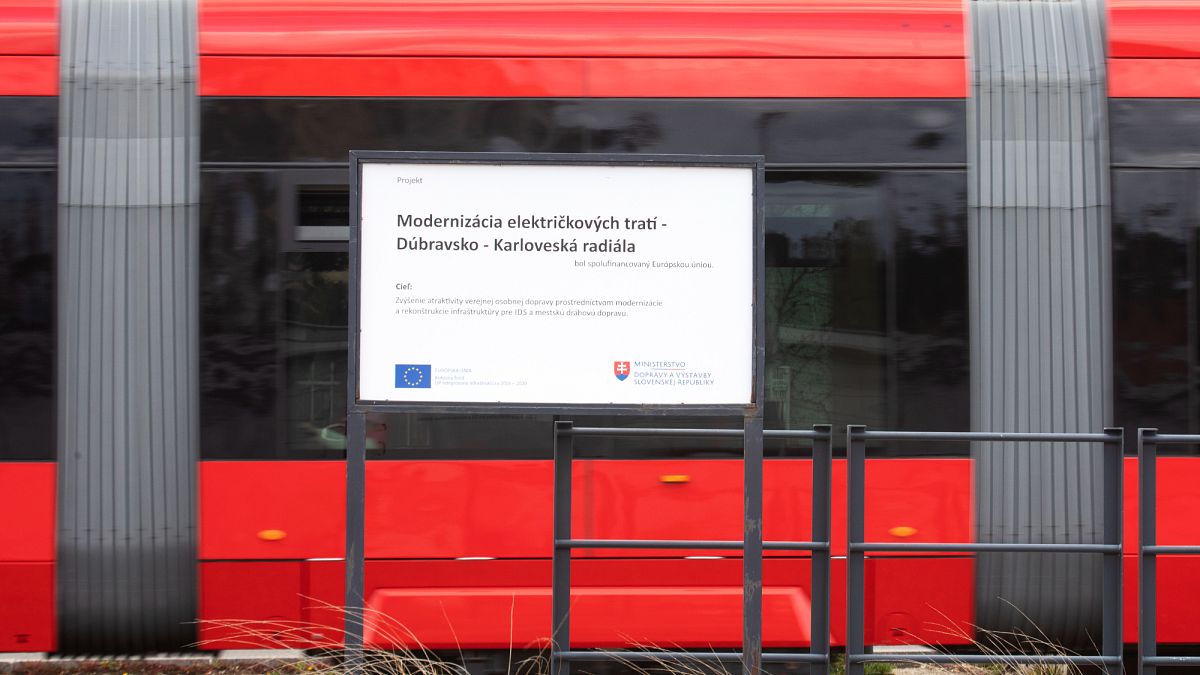

As we journey through the myriad events shaping our global landscape, this week brings us a spectrum of intriguing developments—from adjustments in the European Union’s budgetary plans to political and economic updates from various parts of the world. Let’s delve into these stories with a calm and clear perspective to understand their nuances and implications.
The European Union’s proposed budget for 2028-2034 has sparked discussions around its potential impact on regional cohesion and migration management policies. A significant aspect of the proposed budget involves the merging of cohesion policy funds with other major spending areas, eliciting concerns about whether this might create a competitive arena for funding among regions. The central issue is the potential reduction in local control and support for disadvantaged regions, which could challenge the EU’s commitment to fostering balanced regional development across the bloc. Further scrutiny shows that a considerable portion of the proposed budget is aimed at bolstering border management. This focus has been critiqued by rights groups who fear it may prioritize border security over humane treatment in asylum and reception processes, possibly exposing migrants to human rights concerns.
Shifting our focus to Brazil, the legal landscape is intense as former President Jair Bolsonaro is under scrutiny with a Supreme Court trial nearing its conclusion. Accusations against Bolsonaro relate to an alleged scheme to retain power following his 2022 electoral defeat. In light of these developments, Brazilian authorities have taken precautionary measures, including placing an electronic ankle monitor on Bolsonaro and restricting his communication with foreign diplomats, to prevent any potential evasion of justice. The case is closely watched both domestically and internationally, as its outcomes are expected to have lasting political ramifications.
Meanwhile, across the globe in Tasmania, a political saga unfolds with early election tallies suggesting a favorable outcome for the incumbent Liberal government. The election, spurred by a no-confidence vote against the Premier Jeremy Rockliff, serves as a pivotal moment, potentially stabilizing a period of parliamentary uncertainty for the island. The Liberal party’s apparent gains indicate a shift in political support, reinforcing their governance mandate, and bringing about hopes for a more stable and unified legislative environment.
In the realm of labor rights, there is promising news from Australia where legislation has been introduced to protect workers’ earnings and conditions under the Fair Work Act. This initiative primarily aims to secure penalty rates and overtime pay protections for those on award wages, ensuring that potential adjustments do not leave workers worse off financially. This legislation underscores the government’s dedication to upholding fair compensation practices and reinforcing the rights of millions of workers, nurturing a more equitable labor market landscape.
On the economic front, Burberry, the renowned British luxury fashion brand, has reported a commendable uptick in its sales performance—the best in 18 months. This success is largely attributed to festivalgoers’ penchant for the brand’s offerings, like wellies, scarves, and jackets, energizing sales despite less vigorous tourist spending. The brand’s resilience and strategic product alignment with current consumer trends have driven a notable rise in shares, signaling robust recovery and adaptability in today’s dynamic market conditions.
These stories, each weaving into the fabric of our global narrative, highlight the diverse challenges and opportunities we encounter. Guided by calm reflection, we can better appreciate the intricate dynamics at play and their potential influences on future developments. As we continue to observe and engage with these unfolding events, it is essential to maintain a balanced and broad perspective, embracing the complexities of our shared world with mindfulness.
Source: {link}
